Vietnamese music audiences welcomed two virtual singers Michau and Damsan at the 2nd Ho Chi Minh City International Music Festival - Ho Do 2022. Michau and Damsan performed alongside names such as Vu Cat Tuong, Ngọt, Đinh Hương, Tung Duong, Soobin Hoang Son, and foreign band Leonid & Friends.
Expanding into many fields of art
At Ho Do 2022, Michau and Damsan appeared on the main screen, surrounded by a band and dancers. While Michau showed off his powerful voice in "Losing you", Damsan took the audience on a journey to find the sun goddess in "Don't look back".
According to Mr. Nguyen Tien Huy, General Director of Pencil Group (the creator of Michau and Damsan), the image of the two virtual singers was inspired by Vietnamese folk tales, the legend of Trong Thuy - My Chau and the epic of Dam San. Both were created using hologram projection technology. The singing voices were processed from the recordings of real singers, then converted into virtual sounds. The singers recording for Michau and Damsan must hide their faces and their identities cannot be made public.
After performing at Ho Do 2022, the audience still hasn't seen Michau and Damsan release a music product as previously advertised. However, Vietnamese music audiences have welcomed another virtual singer: Ann. According to the founder, Ann is a combination of AI algorithms and real sounds. Thanks to that, the female singer has a unique voice and timbre. However, the audience commented: "Ann is only at the level of an "online singer" and cannot be considered a professional singer because the way she handles songs is quite simple, not sophisticated and emotional. Ann's expression when appearing in the MV is also monotonous with a cold, emotionless face in every scene".
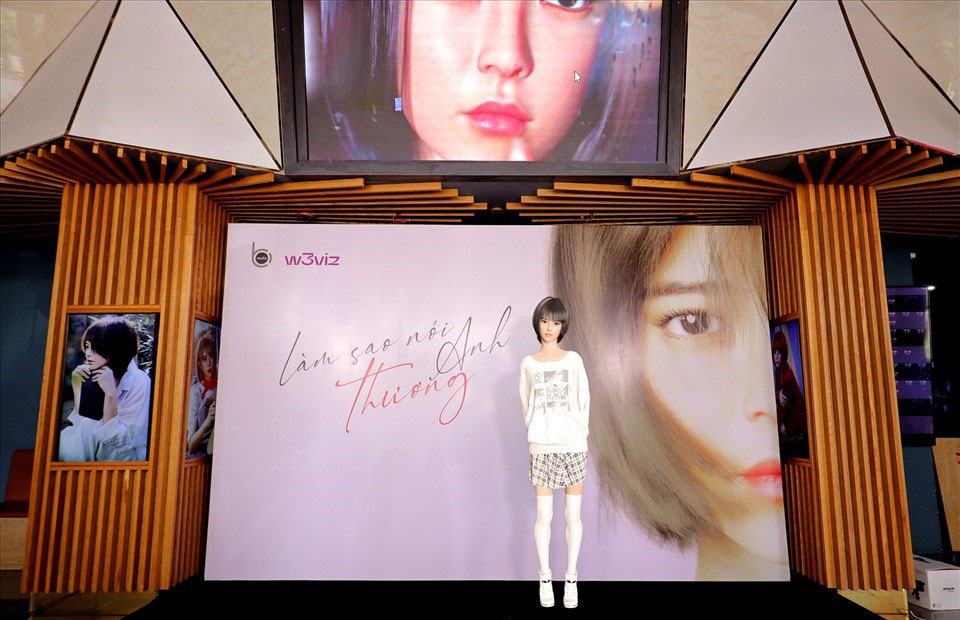
Virtual singer Ann debuts with MV "How to say I love you" Photo: MINH HANH
Around the world, many virtual singers have become idols, attracting a large number of fans such as Hatsune Miku (Japan), Lac Thien Y (China), Apoki (Japan) ... Among them, Apoki (Japan) debuted in 2019, is the first virtual idol of the graphics company Afun Interactive. Apoki is introduced as a singer, dancer, YouTuber, Influencer and has released the MVs "Get it out", "Coming back", "Shut up kiss me" ... Apoki currently has 290,000 subscribers, 3.8 million followers on TikTok. In China in June 2022, a virtual singer Luo Tianyi also created a new idol trend among young people. Tianyi is portrayed as a 15-year-old girl with gray braids, green eyes and currently has more than 5 million followers on Weibo.
Data from Emergen Research and Consulting Company shows that the global digital human market reached 10 billion USD in 2020 and is expected to reach 528 billion USD in 2030. In line with the general development trend of the world, the representative of the virtual singer publisher revealed that this unit hopes that in the near future, Ann can be further perfected and expand into many other artistic fields such as acting, fashion shows, participating in entertainment shows...
Can't replace real singer
The biggest advantage of virtual singers is that people can program the singer's voice or appearance. Investors believe that a virtual singer will be a safe solution for the management unit when the issue of "scandal" and the concept of "banning" are hot keywords in the entertainment industry today. With a virtual singer, the management unit does not need to worry about their "chicken" being involved in scandals about their private lives. On the other hand, virtual singers can perform continuously without being affected by health, age, or skills.
According to musician Nguyen Ngoc Thien, virtual singers are an inevitable development direction of the modern entertainment industry. But after all, it is also a new form of entertainment that enriches the audience's choices. Because virtual singers are products of technology, we can only listen for fun and cannot have the emotions that real singers put into the song. "I think virtual singers or virtual artists are a unique development direction for the entertainment industry but cannot replace real artists and singers" - musician Nguyen Ngoc Thien affirmed.
Musician Nguyen Van Chung said he was excited by virtual voices and that virtual singers would avoid noise and personal scandals. However, virtual singers will not be able to compete with real singers because of many limitations. For example, virtual singers cannot perform or interact with the audience. Singer-songwriter Anh Tuan (member of MTV group) added: "Virtual singers will not be able to bring real emotions and feelings to the audience, so they cannot replace real singers."
Insiders believe that virtual singers are just performing machines. Virtual idol singers such as Hatsune Miku (Japan), Lac Thien Y (China), Adam (Korea)... all attracted attention in the market in the beginning but then quickly fell into oblivion.
Source: https://nld.com.vn/van-nghe/ca-si-ao-kho-lam-nen-chuyen-20231116213659137.htm






























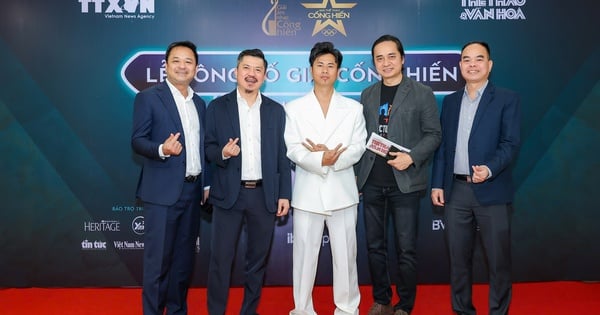
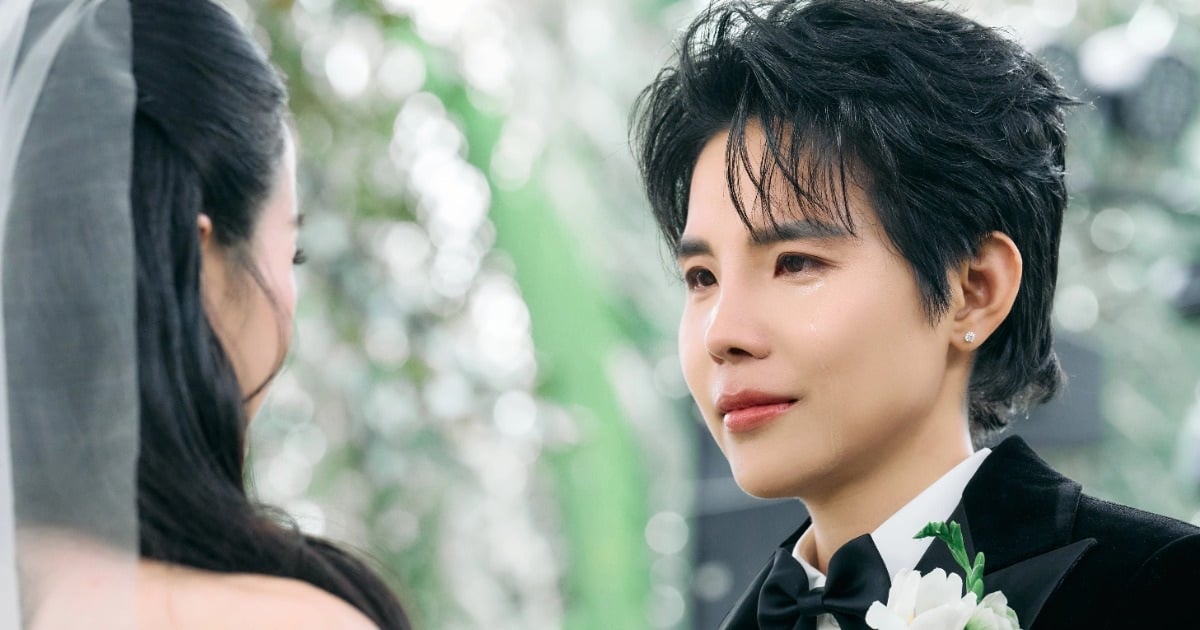

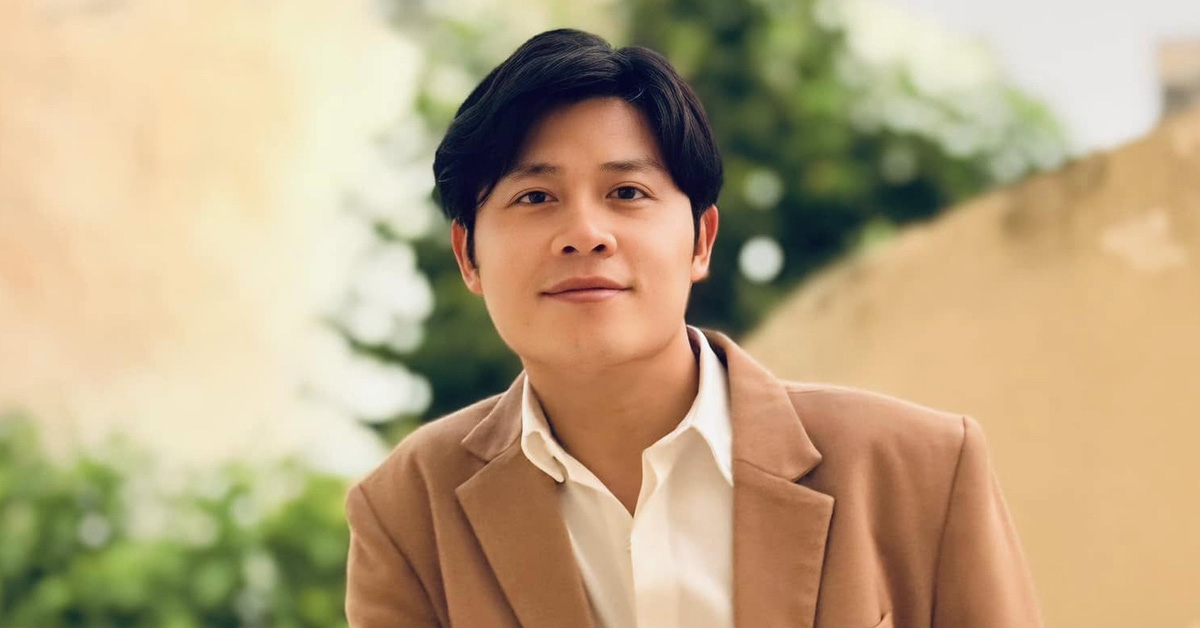

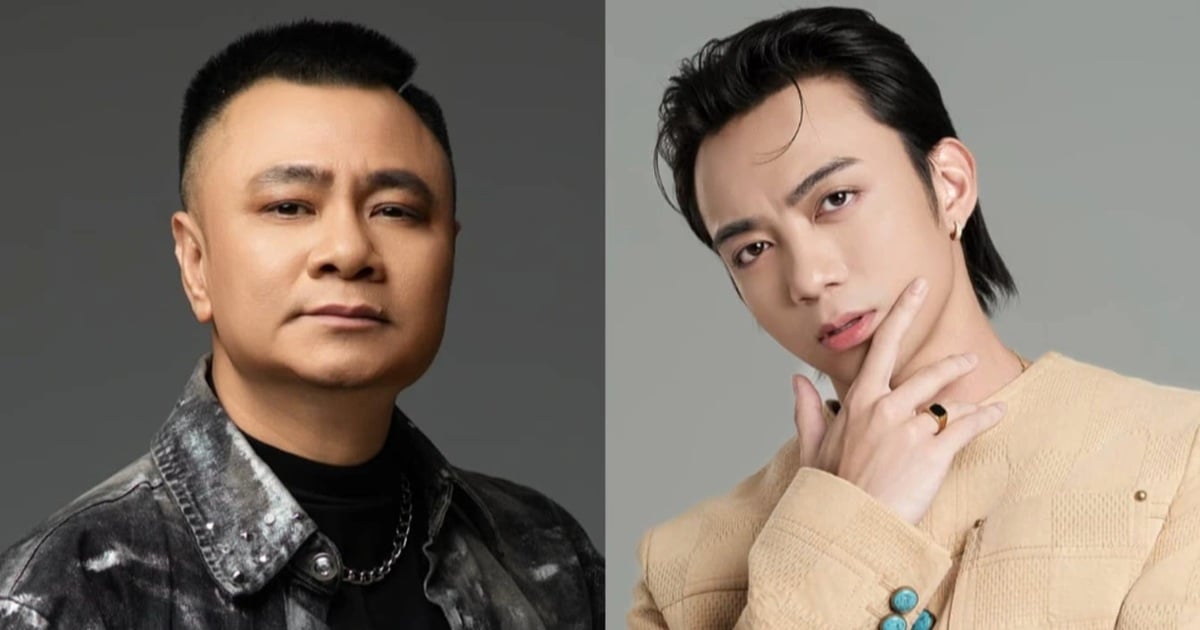
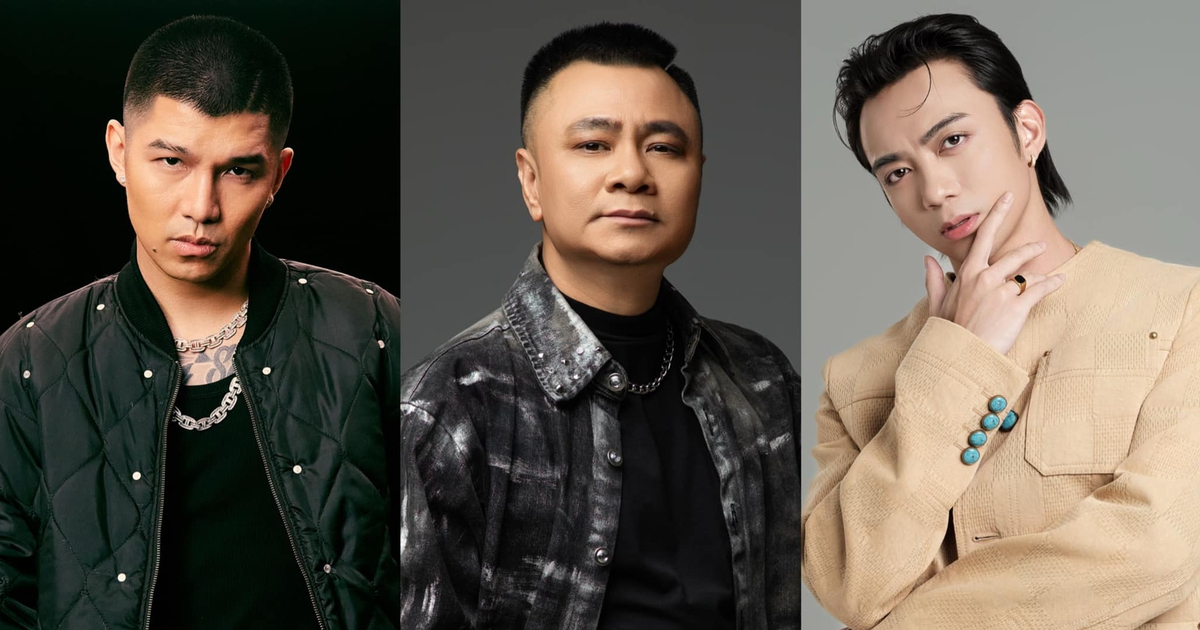

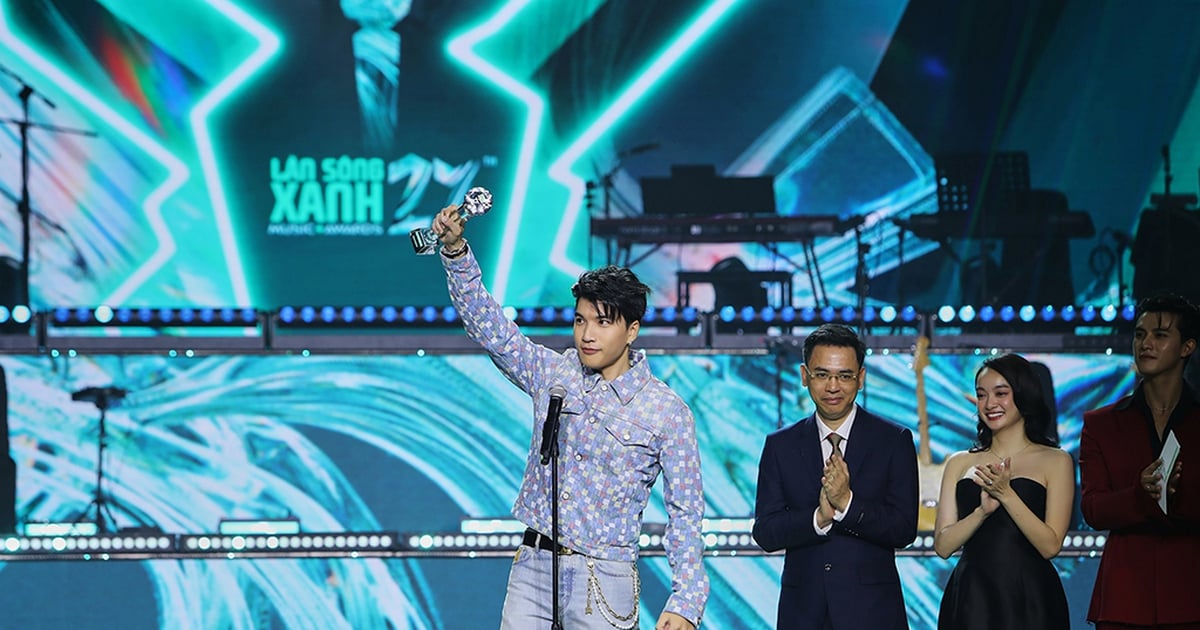
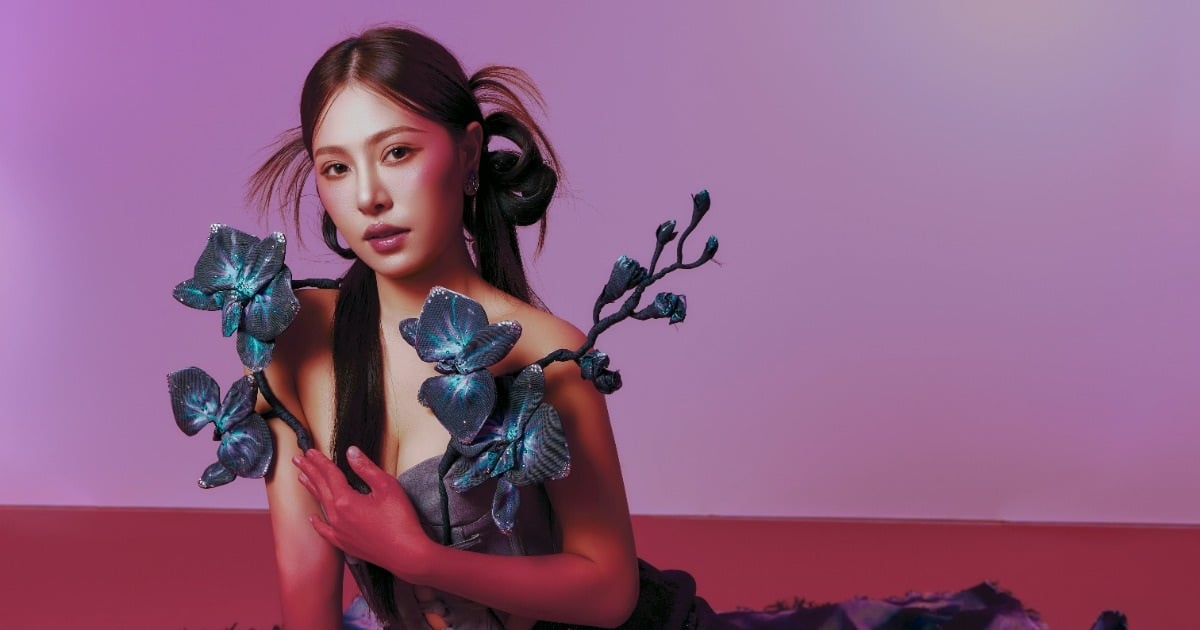
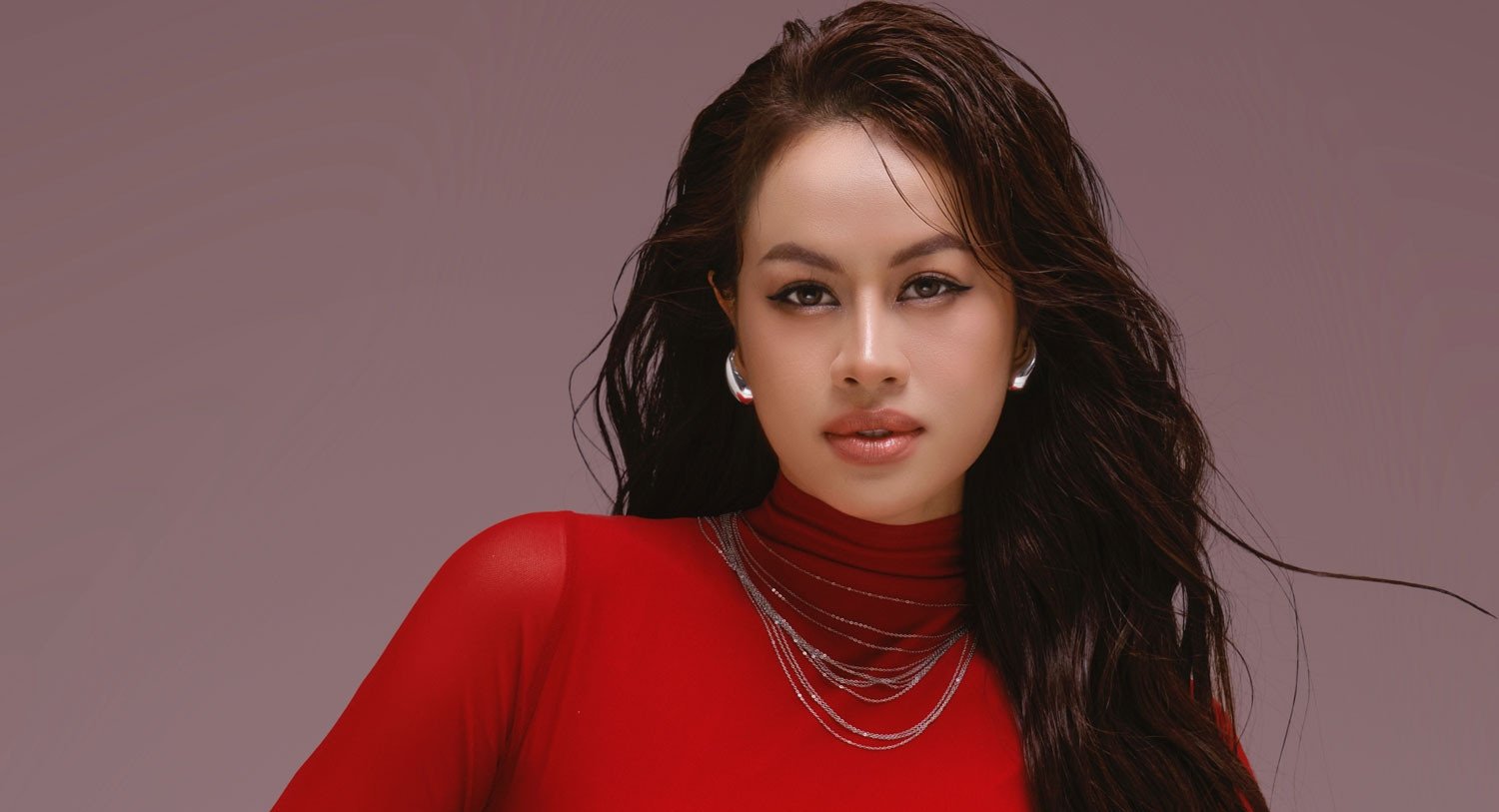

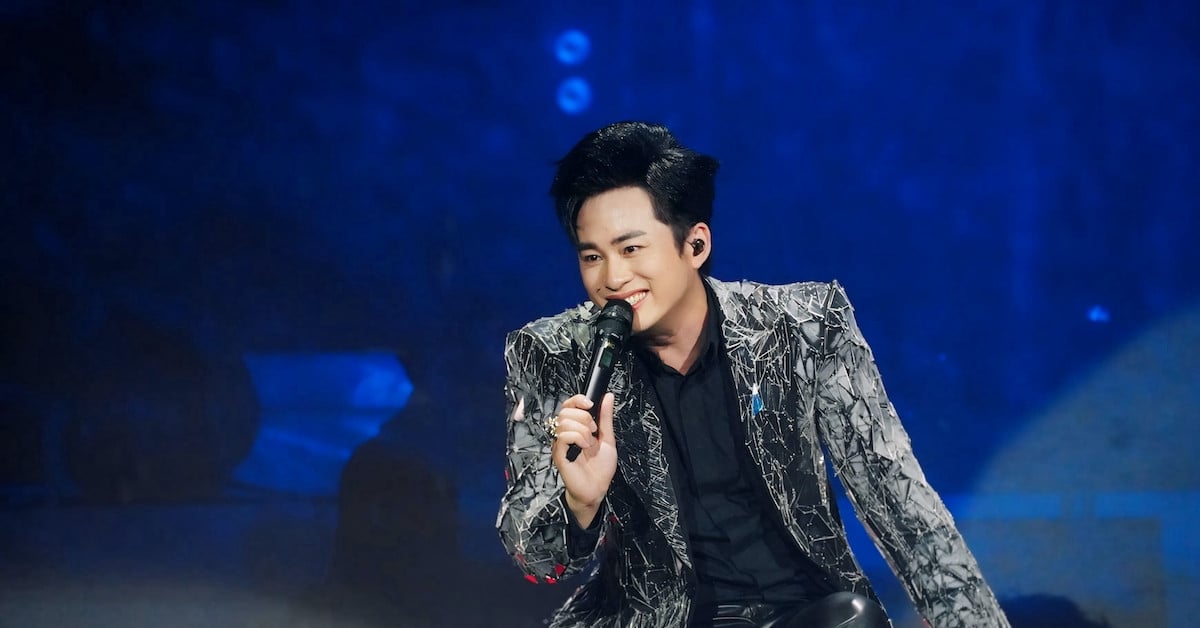
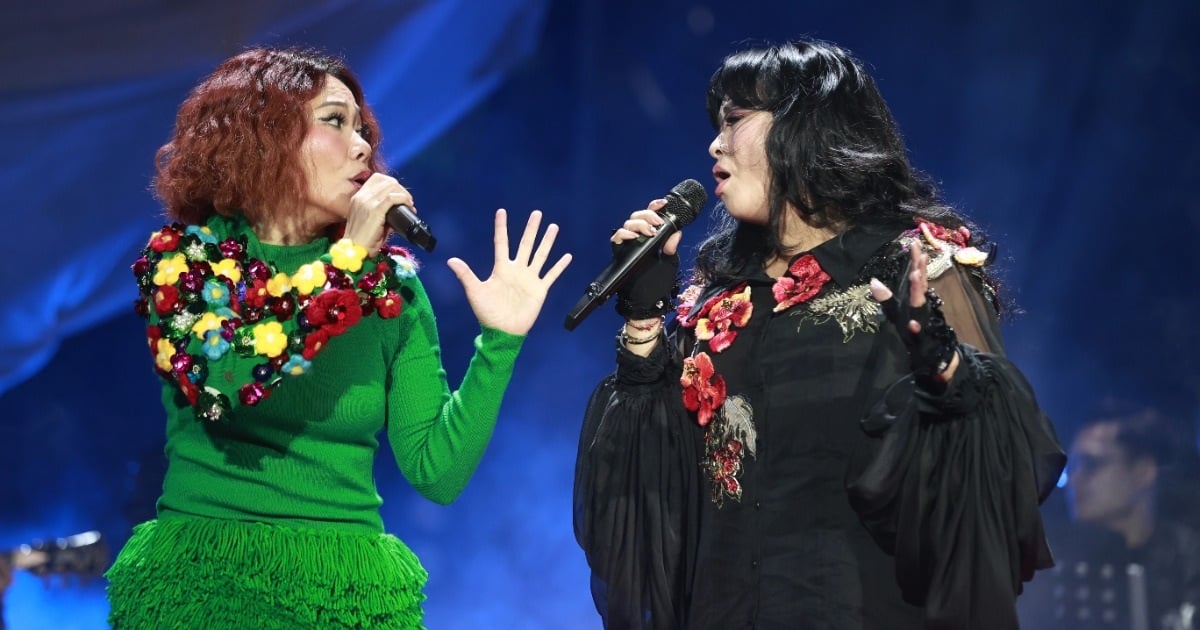
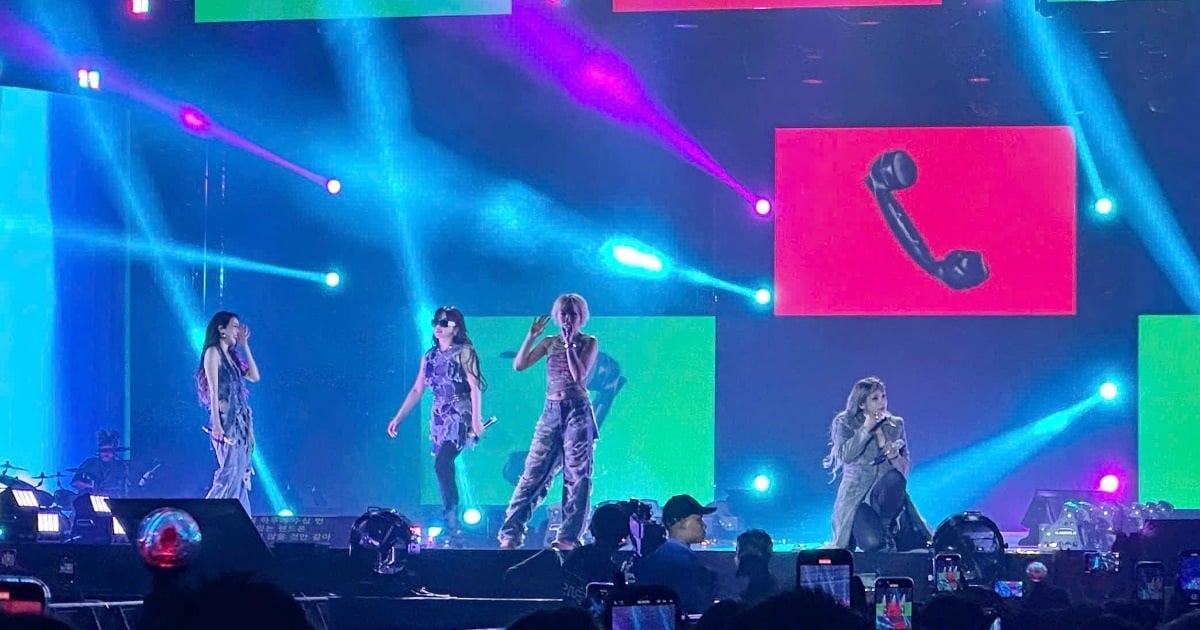



















Comment (0)